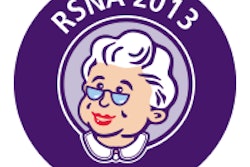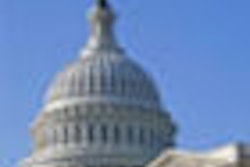The U.S. Food and Drug Administration (FDA) would be prohibited from regulating some types of mobile medical apps under legislation introduced in the U.S. House of Representatives late last month.
Called the Sensible Oversight for Technology Which Advances Regulatory Efficiency (SOFTWARE) Act, the bill would restrict the FDA's regulatory oversight to apps that are used by physicians for patient care. The bill would bar the FDA from regulating other healthcare apps, such as those used for clinical decision support or for consumer use.
The bill would amend the Food, Drug, and Cosmetic Act by refining the definition of "medical software" to mean software intended to "change the structure or any function of the body" of humans or animals. Such software apps would fall under the FDA's jurisdiction.
The proposed legislation would then create two new software classifications, "clinical software" and "health software," neither of which would be regulated by the FDA. Clinical software refers to applications such as clinical decision-support software that present patient or population data and might recommend courses of clinical action, but which do not directly change the structure or body function of humans or animals.
Health software refers to applications that involve patient and population data, support administrative or operational aspects of healthcare, and are not used in the direct delivery of patient care. Also included in this category are applications that act as a platform for secondary data capture, act as a mechanism for connectivity, or store data.
The FDA in September released a proposed guidance that categorized apps designed for medical use, such as those that display medical images for diagnosis, as requiring 510(k) clearance; the agency declined to regulate apps designed for patient use. While the guidance largely hews to the same territory as the SOFTWARE Act, the legislation is designed to prevent the agency from adopting a more stringent regulatory policy -- and potentially thwarting innovation in healthcare software, according to the bill's co-sponsors.
"Under current law, the FDA could use its definition of a medical device to assert broad regulatory authority over a wide range of software," said a statement released by the office of Rep. Marsha Blackburn (R-TN), who cosponsored the legislation. The SOFTWARE Act would tailor the FDA's authority "to the realities of the 21st century by focusing their authority onto the products that pose a potential risk to human health."



















